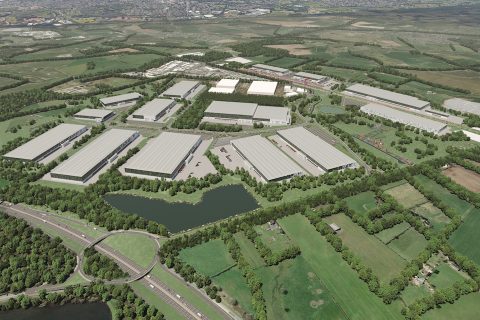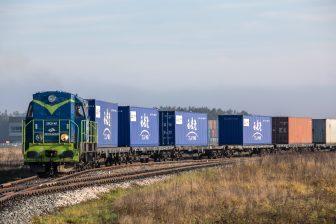
West Midlands Interchange in new hands
Impression of West Midlands Interchange aerial shot without logo
West Midlands Interchange, a planned terminal on the busy West Coast Main Line, has changed hands in a billion-pound deal (1.1 billion euros). A joint venture between Oxford Properties Group and Logistics Capital Partners will see the site near Birmingham progress towards serving the region’s growing logistics corridor. The partners have claimed that the rail-served facility will be the biggest logistics site in the UK.
Do you want to read the full article?
Thank you for visiting RailFreight.com. Become a member of RailFreight Premium and get full access to all our premium content.
Are you already a member?
Having problems logging in? Call +31(0)10 280 1000 or send an email to customerdesk@promedia.nl.




